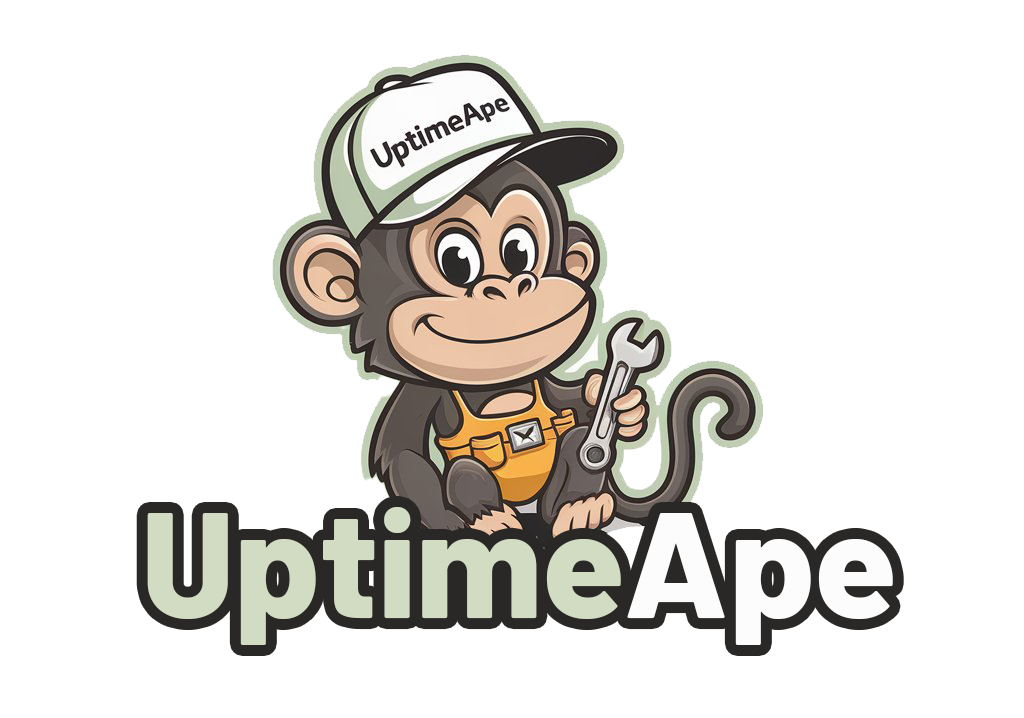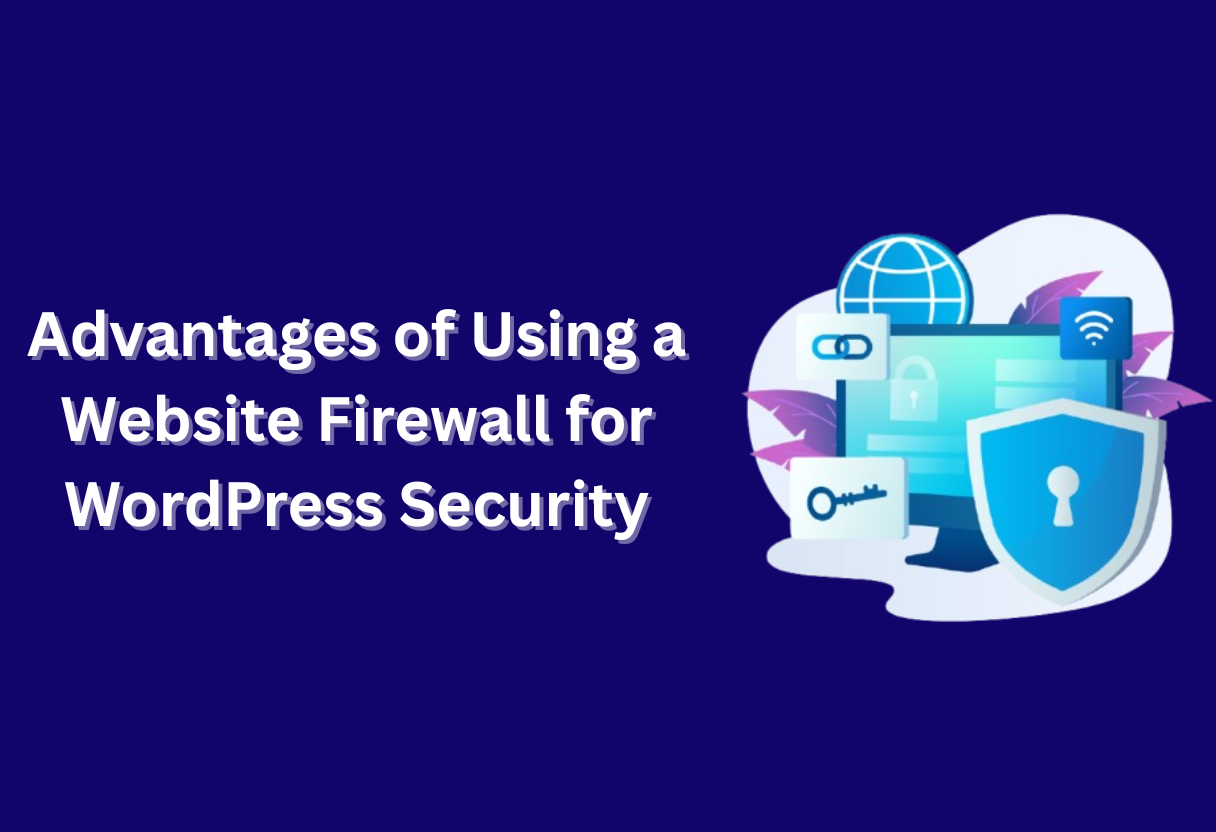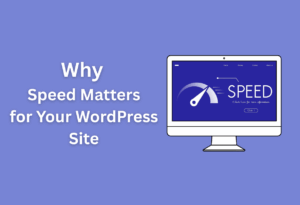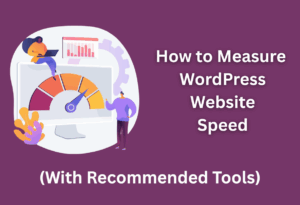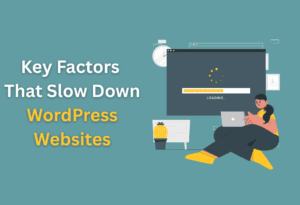There’s a growing concern for your WordPress site’s security, and implementing a website firewall can greatly enhance your protection. By filtering out malicious traffic and blocking potential threats, you are actively safeguarding your data from hackers. A website firewall not only prevents attacks but also optimizes your site’s performance, ensuring a rapid user experience.
Furthermore, with constant monitoring, you are kept informed about potential vulnerabilities, allowing you to take swift action. In this post, we will explore the key advantages of utilizing a website firewall to fortify your WordPress security.
Key Takeaways:
- A website firewall helps to filter and block malicious traffic, protecting your WordPress site from various threats such as DDoS attacks, malware, and other vulnerabilities.
- Implementation of a website firewall can enhance site performance by optimizing load times and reducing server resource usage through effective caching and traffic management.
- Many website firewalls offer additional features, such as security analytics and real-time threat detection, providing ongoing monitoring and support for your website’s security posture.
Understanding Website Firewalls
For those looking to enhance their website security, it’s vital to grasp the concept of a website firewall. A website firewall acts as a protective barrier between your WordPress site and potential threats, monitoring and filtering incoming traffic to block harmful attempts that can compromise your site’s integrity.
What is a Website Firewall?
Any website firewall is a security solution designed to protect your site from various online threats, including hacking, DDoS attacks, and malware. By analyzing incoming traffic, it can detect and block malicious activities before they reach your WordPress installation.
Types of Website Firewalls
A website firewall generally comes in two main types: hardware firewalls and software firewalls. Understanding the distinctions between these types can help you determine which is best suited for your WordPress site. Here’s a breakdown:
| Type | Description |
|---|---|
| Hardware Firewalls | Physical devices that protect your network from external threats. |
| Software Firewalls | Applications that monitor and control incoming and outgoing traffic. |
| Cloud-based Firewalls | Hosted solutions that offer scalability and ease of maintenance. |
| Web Application Firewalls (WAF) | Focus specifically on protecting web applications from attacks. |
| Next-Generation Firewalls (NGFW) | Incorporate advanced security features like intrusion prevention. |
Knowing the specific types of website firewalls can empower you to choose the right option for your WordPress security needs. Each type provides varying levels of protection and features that cater to different security requirements.
While you consider your options, it’s worth noting how each firewall type provides distinctive advantages:
- Hardware Firewalls generally offer robust security for large networks.
- Software Firewalls are often more flexible and easier to implement.
- Cloud-based Firewalls provide scalability and reduce maintenance lower stress on resources.
- Web Application Firewalls (WAF) specifically target application-level threats.
- Next-Generation Firewalls (NGFW) enhance protection with innovative features.
Knowing the strengths and weaknesses of each type of firewall will help you make an informed choice that’s best for your WordPress site security.
Enhanced Security Features
Some of the most significant advantages of a website firewall include enhanced security features that offer robust protection against various online threats. By acting as a barrier between your WordPress site and potential attackers, a firewall safeguards your site from unauthorized access, malicious traffic, and data breaches, ensuring that your website remains secure and your sensitive information is well-protected.
DDoS Protection
Before implementing a website firewall, your WordPress site could be vulnerable to DDoS attacks that aim to overwhelm your server with excessive traffic. A firewall effectively mitigates these threats by filtering incoming requests, ensuring that only legitimate traffic reaches your website, and maintaining optimal performance even during high attack periods.
Malware Prevention
Across the digital landscape, protecting your WordPress site from malware is imperative to maintain its integrity and functionality. A website firewall actively scans for and blocks malicious code, keeping your site safe from infections that could compromise user data and damage your reputation.
In fact, a proactive approach to malware prevention can save you considerable time and resources. With a website firewall in place, your WordPress site continuously monitors for threats and automatically removes malicious software before it can cause any damage. This feature not only helps maintain your site’s performance but also boosts your credibility with users, as they are more likely to trust a secure site. By implementing a firewall, you ensure that your website remains a safe environment for both you and your visitors, ultimately enhancing your online presence.
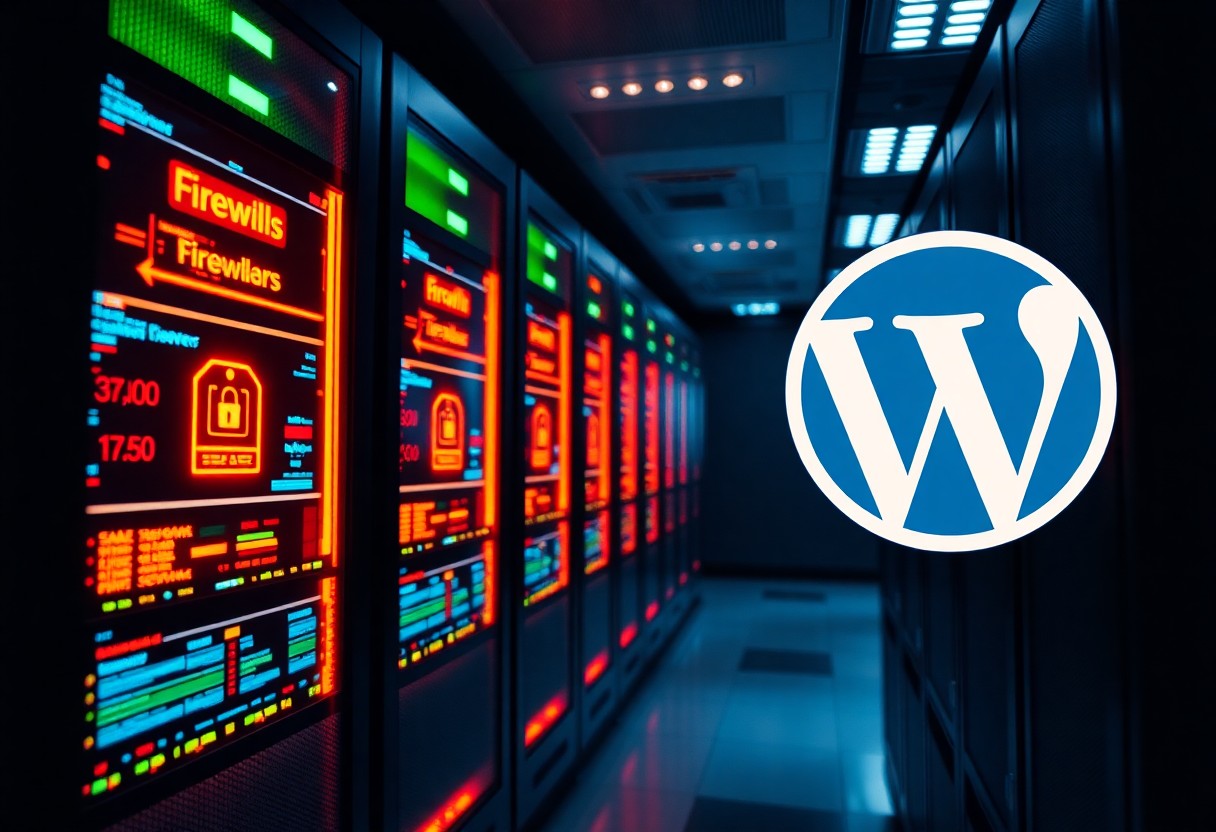
Performance Benefits
Keep in mind that using a website firewall significantly enhances your site’s overall performance. By filtering out malicious traffic before it reaches your WordPress site, a firewall helps to prevent slowdowns caused by attacks. This means your site can operate smoothly and efficiently, offering a better experience for your visitors.
Improved Load Times
Around 47% of users expect a webpage to load in under two seconds. With a website firewall in place, you can achieve faster load times by offloading resource-intensive requests and blocking harmful traffic. Consequently, this can lead to higher user satisfaction and improved search engine rankings.
Reduced Server Load
Along with enhancing load times, a website firewall effectively reduces the load on your server. By managing and filtering incoming traffic, it ensures that only legitimate requests reach your server, minimizing the burden on your resources.
Times of heavy traffic or cyber threats can wreak havoc on your server, leading to slow response times and potential downtimes for visitors. A website firewall mitigates this risk by identifying and blocking suspicious activity, allowing your server to focus on genuine user requests. This approach not only enhances your site’s performance but also improves overall reliability, resulting in a smoother experience for your audience. Additionally, with less strain on your server, you’ll likely see a decrease in operational costs associated with bandwidth usage.
Compliance and Regulations
All website owners need to ensure they meet relevant compliance and regulatory standards to protect their data and maintain user trust. Implementing a website firewall helps you align with these obligations, including GDPR and CCPA, while safeguarding sensitive information against threats. This not only enhances your website’s security but also reinforces your commitment to protecting user privacy and data integrity.
Data Protection Standards
Behind every robust website firewall lies a commitment to uphold data protection standards. When utilizing a firewall, you can effectively guard against unauthorized access and data breaches, ensuring that your site complies with various regulations designed to protect personal information. This protective layer contributes significantly to mitigating risks associated with data theft and unauthorized disclosures.
Legal Compliance
Along with bolstering security, a website firewall assists you in adhering to legal compliance requirements crucial for operating your online platform effectively. By implementing these security measures, you demonstrate due diligence in protecting user information, thereby helping to avoid substantial legal repercussions caused by security lapses or data breaches.
Consequently, maintaining legal compliance through effective security measures not only protects your business from potential fines and lawsuits but also fosters trust among your users. You will find that regulations like GDPR and CCPA impose strict standards for data handling, and failure to comply can result in significant penalties. By employing a website firewall, you assure users that their information is being adequately protected, reinforcing your brand’s reputation and legal standing in an increasingly regulated online environment.
Cost-Effectiveness
Once again, investing in a website firewall for your WordPress site proves to be a smart financial decision. By proactively protecting your site, you can avoid expensive damages associated with data breaches, recovery efforts, and reputation repair. With the ever-increasing costs of cyberattacks, a website firewall not only shields your digital assets but also allows you to allocate your resources more efficiently, ultimately leading to a significant return on investment.
Long-term Savings
Longterm, you will find that a website firewall offers substantial savings on security expenses. By preventing attacks before they happen, you can sidestep potential costs associated with hiring specialists for incident recovery or repairing the damage caused by a data breach. This allows you to maintain a more secure budget focused on growth instead of crisis management.
Reduced Downtime Costs
Above all, minimizing cyber threats translates to reduced downtime costs for your website. Every moment your site is offline due to an attack can lead to lost sales, decreased customer trust, and potential long-term damage to your brand reputation.
Indeed, the financial implications of downtime can be severe. When your website is compromised, you not only lose potential income but also risk alienating your current audience. With a reliable website firewall in place, you can significantly lessen the chances of your site going offline. This proactive approach can save you from the high costs of emergency recovery and lost business opportunities, underscoring the value of maintaining an uninterrupted online presence.
Ease of Use and Management
After implementing a website firewall, you’ll find that managing your WordPress site becomes significantly more straightforward. These firewalls often come with intuitive dashboards and features that allow you to monitor traffic, identify threats, and modify settings without any technical expertise. This means you can focus on your content and business rather than getting bogged down in complex security protocols.
User-Friendly Interfaces
An effective website firewall typically includes a user-friendly interface that simplifies navigation and configuration. You can easily access vital features and see security metrics at a glance, making it less daunting for those who may not be tech-savvy. This accessibility ensures you can efficiently manage your site’s security without an overwhelming learning curve.
Automated Security Updates
For optimal protection, automated security updates are a game-changer for your WordPress site. These updates serve as a safeguard, instantly applying the latest security patches and features, reducing vulnerability to emerging threats that could compromise your site.
At the core of website firewalls is the ability to deploy automated security updates without any manual intervention from you. This feature not only enhances your site’s defense mechanisms against constantly evolving threats but also saves you valuable time and effort. By ensuring that your WordPress installation is always up-to-date, you significantly lower the risk of potential breaches and vulnerabilities. Plus, you won’t have to worry about missing important patches, allowing you to focus on your content and business growth while maintaining your website’s integrity and security.
Summing up
To wrap up, utilizing a website firewall for your WordPress security significantly enhances the protection of your site against various cyber threats. You benefit from real-time monitoring, blocking malicious traffic, and safeguarding sensitive data.
In addition to these advantages, a website firewall helps maintain your site’s performance by filtering out harmful traffic before it reaches your server. By integrating this crucial tool into your arsenal, you can rest assured that you are covering the WordPress website security essentials that are vital for keeping your online presence safe.
Overall, investing in a reliable firewall not only fortifies your site but also fosters trust with your visitors, ensuring they feel secure while engaging with your content.
Additionally, it improves your website’s performance by filtering out unwanted requests. By investing in a robust firewall solution, you create a safer online environment for both you and your visitors, allowing you to focus on growing your website without the constant worry of security breaches.
